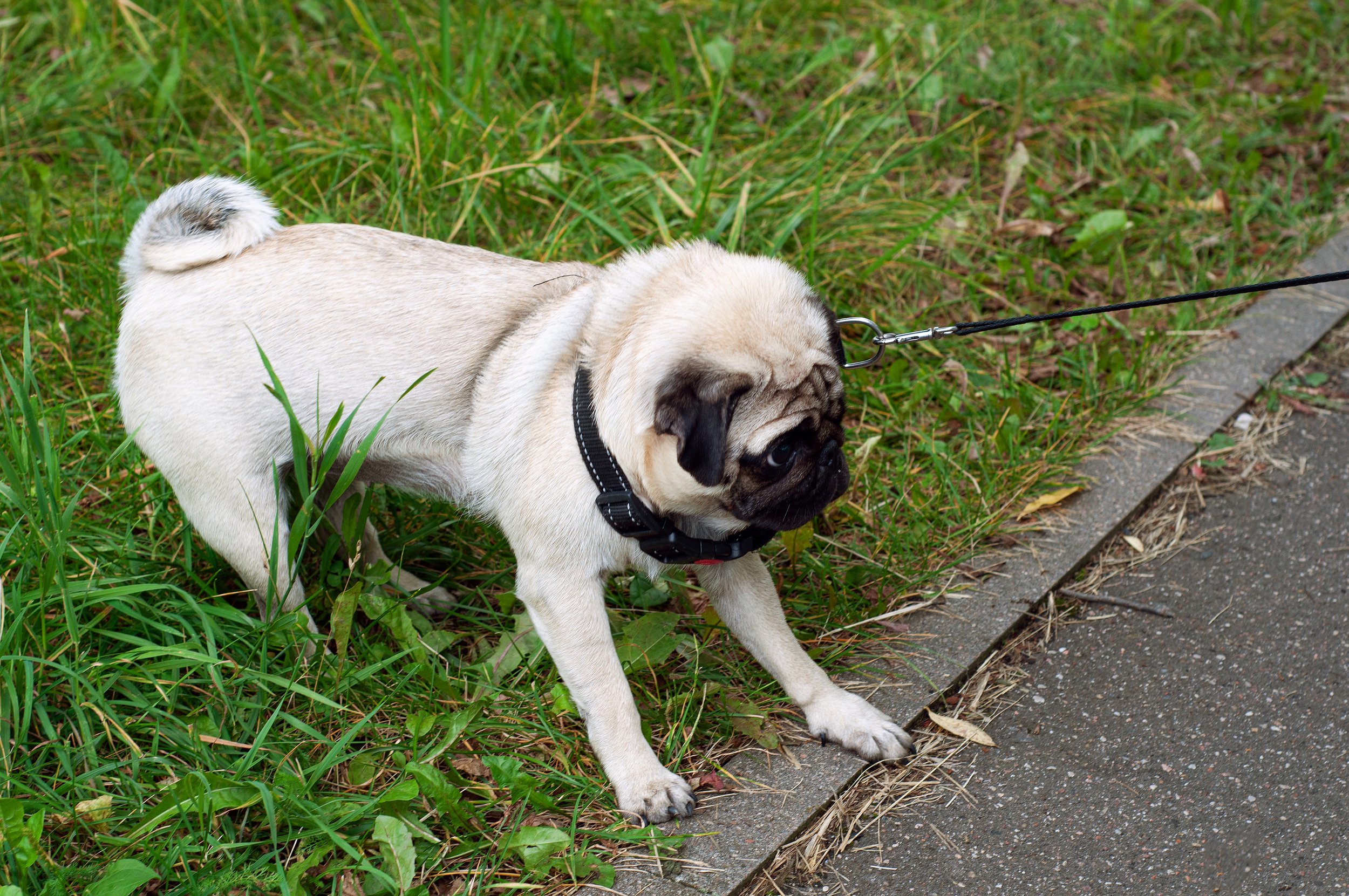Ask The Behaviorist
In these short articles Dr. Martinez, LOMA Behavior and Training’s Founder, offers insight to common questions from clients. She explores puppy socialization, dog training and dog behavior modification. Dig in to find the answers you need.

E-collar series: Is it really only used to get the dog's attention?
Is an e-collar really only used to get a dog’s attention? There is a lot of confusion about how the e-collar works. Scientists use the word "punishment" with a very clear definition as the addition of something unpleasant to discourage behavior. In general though when people talk about punishment, the definition is much less clear. We will examine the statement above to see how this fits with current research and science related to animal learning.

Why virtual consultations for dog behavior modification?
Potty training (aka house training) in some ways is one of the easiest behaviors to train. There are many resources available to help clients with this essential training task. Yet, it can also be one of the most difficult behavior issues when things go wrong or a client has stumbled on some inappropriate advice. When clients have tried all the recommended potty training suggestions and still seem to be struggling, we often find there are 3 myths that give people the most trouble and prevent their success.

Why is my dog not potty trained?
Potty training (aka house training) in some ways is one of the easiest behaviors to train. There are many resources available to help clients with this essential training task. Yet, it can also be one of the most difficult behavior issues when things go wrong or a client has stumbled on some inappropriate advice. When clients have tried all the recommended potty training suggestions and still seem to be struggling, we often find there are 3 myths that give people the most trouble and prevent their success.

Do you offer free dog training consultations?
Who doesn’t want something for free? So why do some people in the pet training world offer a free consultation and others do not? At Loma Behavior and Training, we offer an initial assessment, which is a comprehensive evaluation of a dog’s behavior, the needs of the client, and the factors that will impact a training plan. We believe this gives our clients the best understanding of what their dog needs and allows us to make the best estimate of success with any training plan. It allows us to be as transparent as possible with our estimate of the change that is possible for any individual dog.

Why is my dog so stubborn?
Whenever I meet someone’s “stubborn” dog, I consider the answers to the questions: Is the dog afraid? Is something more interesting to the dog? Is the dog confused? If the answer to any of these is “yes,” I can fix those problems. I can teach a clear cue, make a compelling argument and change a dog’s fear. I can train a “stubborn” dog.

Can I comfort my dog when he’s afraid, especially during storms and fireworks?
I was talking to a new client whose dog is afraid of thunderstorms and fireworks. She said when the thunder started her dog would crawl into her lap trembling. A previous dog trainer told her that she should not comfort her dog because it could reinforce the dog’s fear.

Do I need to keep my dogs separated if they only fight on occasion?
Dogs fighting in a home is the most complicated issue we address as behavior specialists because there are many reasons that dogs can fight, including poor social skills, damage to their relationship, guarding resources, medical issues, or inability to control themselves in exciting situations.

How do I exercise my dog?
Walking is not the only way to exercise a dog. In fact, walking may not be the best option for high-energy dogs who need a good workout. Most of us walk far slower than our dogs for the walk to be considered high energy. And some dogs are too frightened to enjoy walking in unfamiliar places. For those dogs, walking is not a pleasant experience. Instead, create an exercise plan for your dog that takes into account your dog’s age, activity level, physical limitations and preferences.

I can’t take my dog on a walk?!
Don’t take your dog on a walk. This advice is usually surprising to our clients. All of us are flooded with the message that we have to take our dogs out for walks every day. That is generally great advice. We want dogs to get out and explore the world through walks. Most dogs love sniffing all the wonderful scents they come across on a walk. So why did we make this radical recommendation for this client?

Is my dog going to hurt someone?
Our clients often ask us this legitimate question... While there is no way to guarantee a dog will never bite, we provide clients with information to identify how safe a dog’s behavior is in their family home and in the community….
